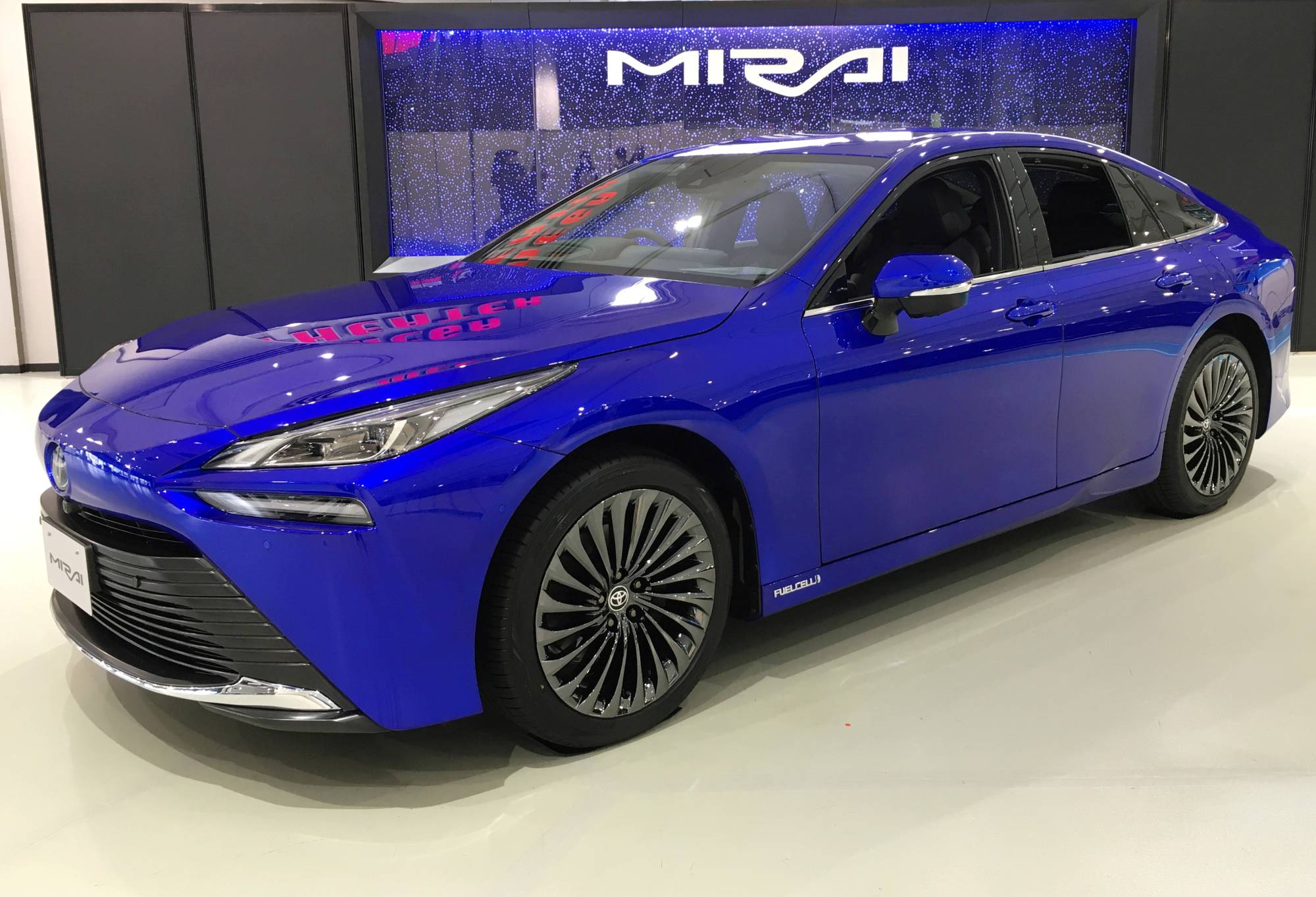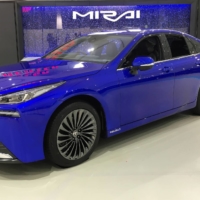Toyota and Hyundai have put their weight behind hydrogen fuel-cell vehicles (FCVs) in the push to reach net zero emissions, but dismal sales suggest customers remain extremely wary.
Such vehicles accounted for only 0.02% of global passenger vehicle sales last year, according to a report published Thursday by Bloomberg NEF, and making any long-term projections is difficult until they reach 0.1%, or about 80,000 vehicles.
On paper, hydrogen offers faster refueling and longer range, but the absence of refueling infrastructure and mass-market applications makes wider adoption a slim prospect in the near term. Most research suggests battery electric vehicles are the quickest, cheapest way to slash emissions from passenger cars.
"We are not able to make a long-term outlook for passenger FCVs while sales are so low, show limited momentum, and are highly concentrated in a few markets and models,” BNEF said in the report.
The Toyota Mirai and Hyundai Nexo accounted for most of the 15,391 passenger FCVs sold last year. Sales fell globally from the previous year — most noticeably in Japan, where they dropped to 844 from 2,440 in 2021. Most shipments went to South Korea, where the government provides generous vehicle-purchasing and hydrogen-fuel subsidies.
Toyota and Hyundai are both invested in hydrogen as the global automobile industry shifts away from fossil fuels. In a race last month in Shizuoka Prefecture, Toyota Chairman Akio Toyoda sat in the driver’s seat of the world’s first liquid-hydrogen race car to promote the so-called carbon-neutral fuel.


















With your current subscription plan you can comment on stories. However, before writing your first comment, please create a display name in the Profile section of your subscriber account page.